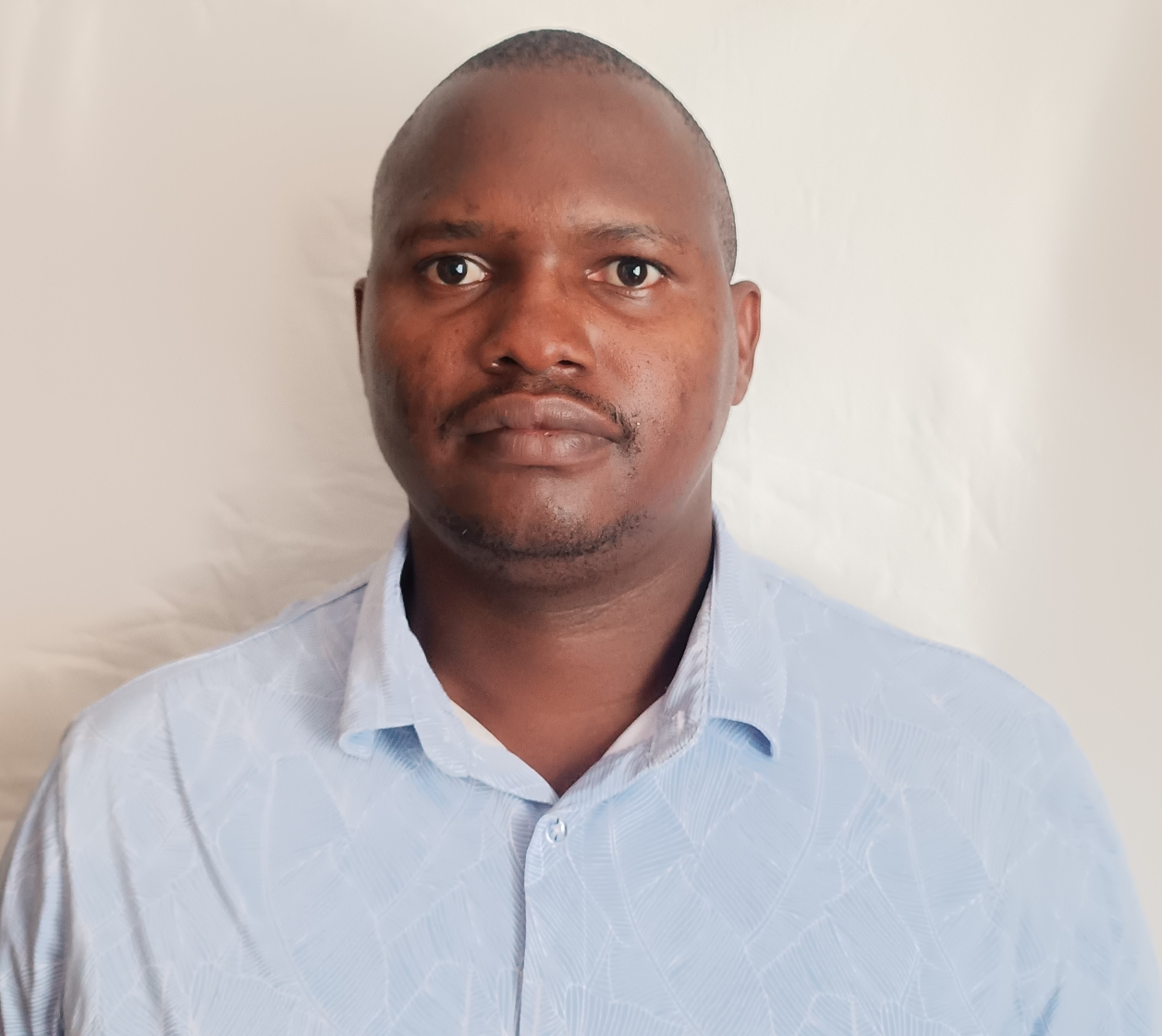Eric is the Data Manager for East Africa, Afrobarometer. He is responsible for managing large-scale survey data, conducting detailed analyses, and ensuring data integrity across multiple phases of data collection.
His previous roles span national and international research initiatives, emphasizing social development and public health. He served as an Assistant Research Officer at Kemri Wellcome Trust Research Program, leading field logistics, data collection and analysis for a study on male engagement in child health and nutrition in Nairobi's informal settlements.
Data Analysis and Management: Proficient in SPSS, CS-Pro, Epi-data, Epi-info, and R, with experience in NVivo for qualitative data analysis.
Research Coordination: Skilled in designing research tools, moderating focus group discussions, and organizing participatory workshops.
Mobile Data Collection Platforms: Experienced in using Qualtrics, ODK, Survey CTO, and Kobo Collect for efficient and reliable data capture.
With a robust background in data management, research coordination, and data analysis, Eric is a highly skilled data manager with the Afrobarometer Project based at the Institute for Development Studies (IDS), University of Nairobi.
Field Coordinator and Data Analyst with Monitoring Evaluation and Research for Development in Africa (MERDA).
Refugee Consortium Kenya (RCK) and Hivos to improve program delivery and inform policy recommendations on issues of violence against women, gender equity, and community-based education.
Eric has also contributed to international research as a consultant for institutions including the University of Gothenburg, SwissContact, and NOPE, where he focused on qualitative and quantitative data analysis, designing research tools, and coordinating field activities for studies in livelihood, water, sanitation, and agriculture.


